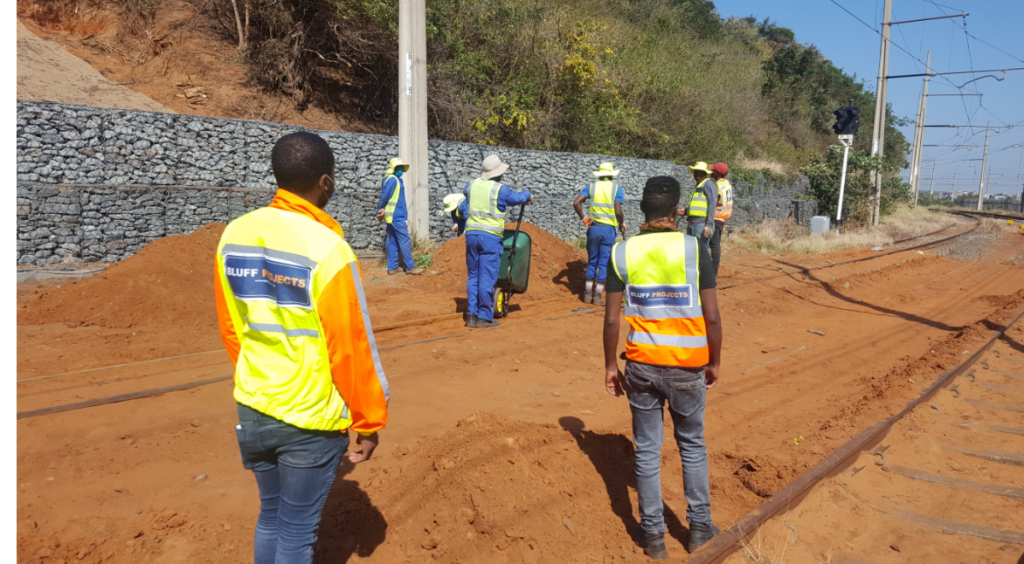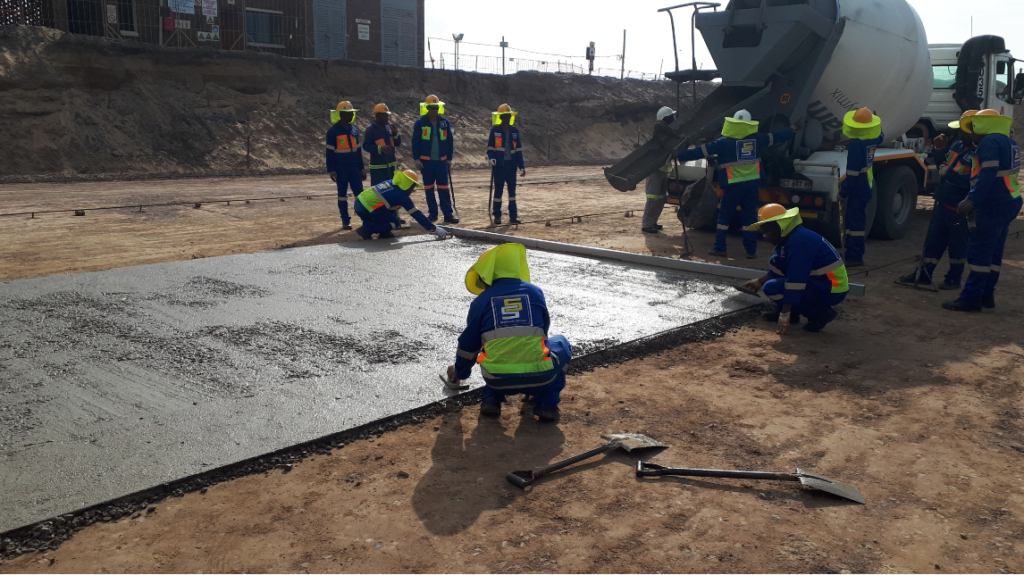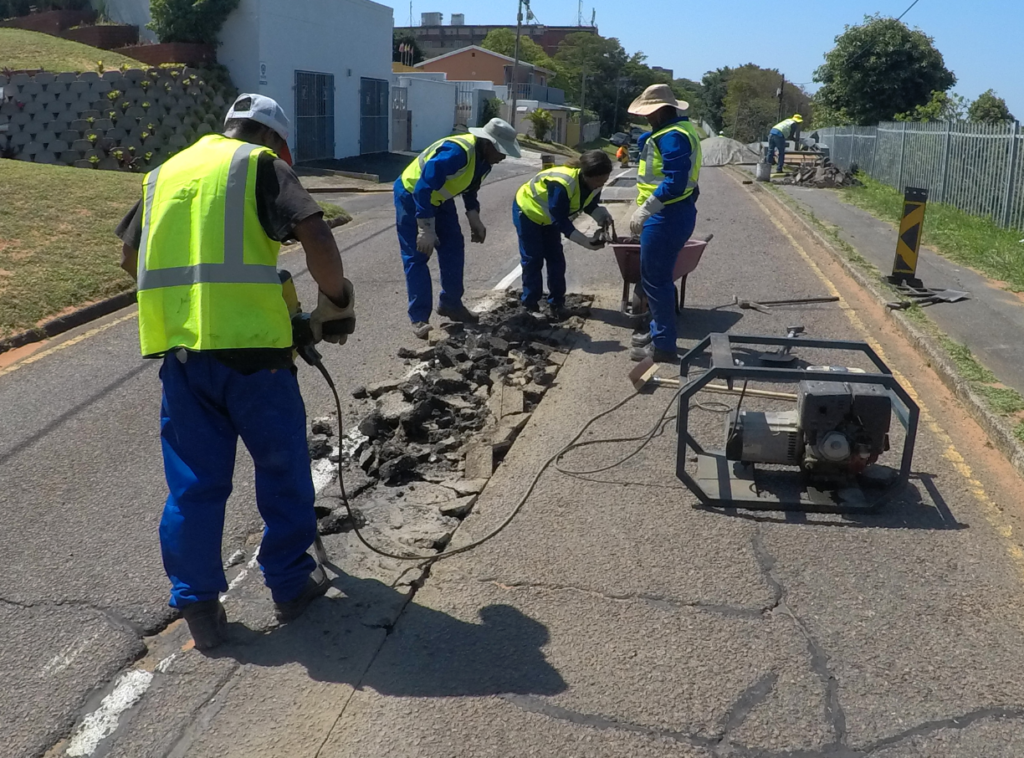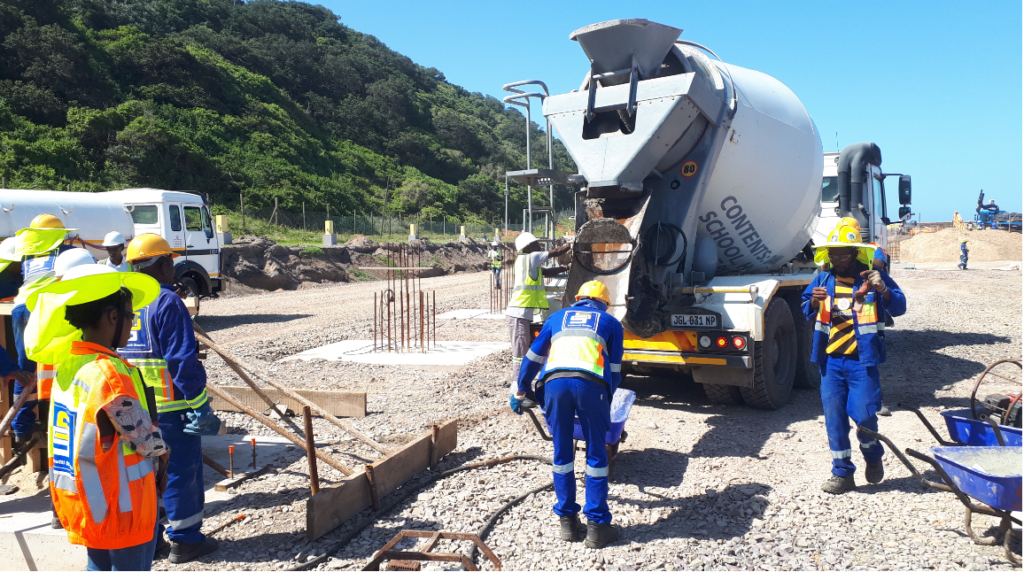(Community Liaison Officer)

In many communities, particularly in the context of large infrastructure projects, the role of a Community Liaison Officer (CLO) is essential yet often misunderstood. A CLO serves as a bridge between the community and the companies or organizations working within that community. However, despite the critical nature of this role, few people fully grasp what a CLO does or the impact they can have on both the community and the project.
As someone who has spent many years in the CLO and civic space, I’ve seen firsthand how empowering this role can be. However, it requires a deep understanding of the community’s needs, the project’s requirements, and the delicate balance between the two. This post is the first in a series designed to introduce aspiring CLOs and the general public to the key concepts and ideas CLO’s need to be effective in their roles. Whether you’re just starting out or looking to refine your skills, this guide will provide a strong foundation.
Understanding the Role of a CLO
The primary responsibility of a CLO is to act as a conduit for communication between the community and the project developers. This means:
- Listening to the Community: A CLO must understand the community’s concerns, needs, and aspirations. This involves actively engaging with community members, attending meetings, and gathering input on how the project may affect them.
- Providing Project Support: Beyond communication, a CLO plays a crucial role in supporting the successful execution of the project. This includes facilitating access to local resources, ensuring that community concerns are addressed in project plans, and helping to navigate any bureaucratic or logistical challenges that may arise. A CLO ensures that the project remains aligned with both community interests and project timelines.
- Working with Stakeholders: Effective collaboration with stakeholders such as Ward Councillors, Committees, and Associations is a critical aspect of the CLO’s role. These stakeholders, often referred to as Interested and Affected Parties (IAPs), play a significant role in shaping community perceptions and project outcomes. A CLO must engage with these stakeholders regularly, ensuring their concerns are heard and integrated into project planning and execution.
- Mediating and Resolving Conflicts: Disagreements between the community and the project team are inevitable. A CLO must be skilled in negotiation and conflict resolution, ensuring that issues are addressed constructively.

Key Responsibilities of a CLO
For those new to the role, it’s crucial to understand the specific duties that come with being a CLO:
- Organize, Measure, and Understand Community Dynamics:
- Start by organizing the community’s needs and concerns. Collect CVs and data that can help understand the skillsets available within the community.
- Regularly attend community meetings and actively participate in discussions. This involvement is essential to stay informed about ongoing issues, gather feedback, and ensure that the community’s voice is continuously represented.
- Understand the demographic and socio-economic dynamics at play. What are the community’s primary concerns? What resources do they lack? What opportunities are they seeking?
- Build relationships with key stakeholders within the community over time. These relationships are vital for fostering trust and ensuring smooth collaboration throughout the project’s lifecycle.
- Understand the Project’s Operations:
- CLOs must understand the scope, deadlines, and financial implications of the projects they are involved with. This includes learning about the company’s operations, their goals, and the value of production.
- Recognize the importance of meeting deadlines and understand the stakes involved in the project’s success. This knowledge will enable you to communicate effectively with both the community and the project team.
- Empower the Community:
- A CLO’s role is to ensure that the community benefits from the project, whether through job creation, skills development, or infrastructure improvements.
- Understand the “power” you hold both on-site and off-site. This power comes with the responsibility to advocate for the community while also ensuring that the project meets its goals.

Where to Start: Practical Steps
For those new to the role, the following steps will help you begin your journey as a CLO:
- Organize, Measure, and Understand Community Dynamics:
- Collect and analyze data on the community. This will provide you with a clear picture of the community’s needs and the resources available.
- Engage with community members to understand their concerns and aspirations. Attend community meetings and maintain a visible presence in community activities to build rapport and trust.
- Familiarize Yourself with the Project:
- Spend time learning about the company’s operations and the project’s objectives. This includes understanding the technical aspects of the project and the economic impact it will have on the community.
- Build relationships with key stakeholders within the company. This will help you navigate the complex dynamics between the community and the project team.
- Develop Essential Skills:
- Negotiation and conflict resolution are critical skills for a CLO. You need to be able to mediate disputes and find win-win solutions that satisfy both the community and the project developers.
- Project management skills will help you keep track of deadlines, resources, and progress. These skills are essential for ensuring that the project runs smoothly and that the community’s needs are met.
- Seek Help and Continuous Learning:
- Remember that you are not alone. There are resources available to help you navigate your role as a CLO. Seek out training opportunities, connect with other CLOs, and stay informed about best practices in the field.
- Consider finding a mentor or sponsor who can guide you through your learning journey. A mentor can provide valuable insights, help you navigate challenges, and accelerate your professional growth.
- Embrace a mindset of continuous learning and improvement. The role of a CLO is dynamic, and staying updated on new developments will help you better serve your community.

The Responsibility of a CLO: What’s at Stake?
Being a CLO is not just about managing relationships—it’s about making a real impact on your community. The stakes are high. Your role can determine whether a project enhances the lives of community members or exacerbates existing challenges. Understanding this responsibility is key to fulfilling your role effectively.